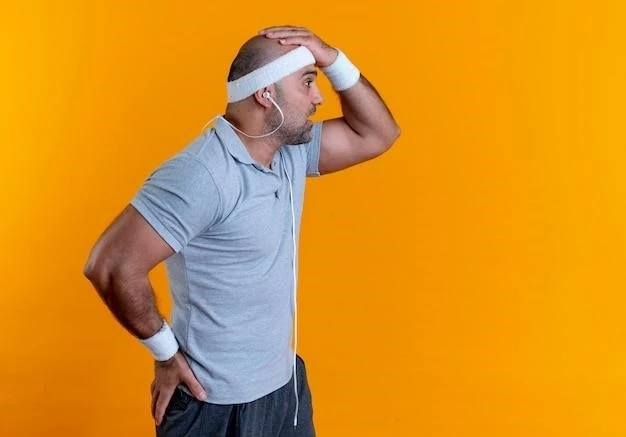Causes and Prevention of Muscle Cramps
There are various reasons for muscle cramps, such as dehydration, muscle fatigue, and poor blood circulation.
Stay hydrated, maintain proper nutrition, and stretch regularly to prevent leg cramps;
Understanding Muscle Cramps
Muscle cramps are sudden, involuntary contractions of one or more muscles, causing pain. They can be triggered by dehydration, muscle fatigue, lack of stretching, or poor blood circulation.
Cramps can occur during exercise, at night, or due to electrolyte imbalances. Understanding the causes is crucial for prevention and effective treatment. Stretching and maintaining proper hydration are key in managing muscle cramps.
Causes of Muscle Cramps
Muscle cramps can be caused by various factors including dehydration, muscle overuse or strain, mineral deficiencies like potassium, calcium, or magnesium, poor blood circulation, nerve compression, or certain medications. Identifying the underlying cause is important for effective prevention and management of muscle cramps.
How to Prevent Leg Cramps
Prevent leg cramps by staying hydrated, maintaining a balanced diet rich in electrolytes, stretching regularly, warming up before exercise, wearing proper footwear, avoiding prolonged sitting or standing, and ensuring adequate rest and recovery after physical activity. Consistent preventive measures can help reduce the frequency and intensity of leg cramps.
Home Remedies for Muscle Cramps
Home remedies for muscle cramps include massaging the affected area, applying heat or cold packs, taking a warm bath, drinking chamomile tea, using essential oils like lavender or peppermint, and consuming foods high in potassium, magnesium, and calcium like bananas, almonds, and leafy greens. These natural remedies can provide relief and aid in preventing future cramps.

Types of Muscle Cramps
There are different types of muscle cramps, including skeletal muscle cramps, smooth muscle cramps, and nocturnal leg cramps. Skeletal muscle cramps are the most common and occur during physical activity, while smooth muscle cramps affect internal organs like the intestines. Nocturnal leg cramps happen at night, often during sleep, causing sudden, painful contractions in the calf muscles. Understanding the specific type of cramp can help tailor prevention and treatment strategies accordingly.
Stretching Techniques for Cramp Relief
Stretching can help relieve muscle cramps by improving flexibility and circulation. Effective stretching techniques for cramp relief include calf stretches, hamstring stretches, quadriceps stretches, and foot flexor stretches. Holding each stretch for 15-30 seconds and repeating several times can alleviate cramps and prevent them from recurring. Incorporating regular stretching into your routine can also increase muscle strength and reduce the risk of cramps.
Electrolyte Imbalance and Cramps
Electrolyte imbalance, specifically low levels of potassium, calcium, or magnesium, can contribute to muscle cramps. These essential minerals play a vital role in muscle function, and their deficiency can lead to increased muscle excitability and cramping. To prevent electrolyte-related cramps, maintain a balanced diet rich in fruits, vegetables, nuts, and whole grains, or consider electrolyte supplements if needed. Proper hydration is also key in supporting electrolyte balance and muscle health.
Nighttime Leg Cramps
Nighttime leg cramps, also known as nocturnal leg cramps, are involuntary muscle contractions that occur during sleep. These cramps often affect the calf muscles and can be triggered by factors like muscle fatigue, dehydration, and mineral deficiencies. To alleviate nighttime leg cramps, practice regular stretching before bedtime, ensure proper hydration throughout the day, and consider incorporating foods rich in potassium, magnesium, and calcium into your diet. Creating a relaxing bedtime routine and maintaining good sleep hygiene can also help reduce the frequency of nocturnal leg cramps.
Exercise-Induced Muscle Cramps
Exercise-induced muscle cramps can occur during or after physical activity and are often due to muscle fatigue, dehydration, and electrolyte imbalances. To prevent cramps during exercise, warm up properly, stay hydrated before, during, and after workouts, and maintain electrolyte balance by consuming foods rich in potassium, magnesium, and calcium. Incorporating regular stretching and cooling down after exercise can also help reduce the risk of muscle cramps. Listening to your body’s signals and adjusting your workout intensity accordingly can aid in preventing exercise-induced cramps.
